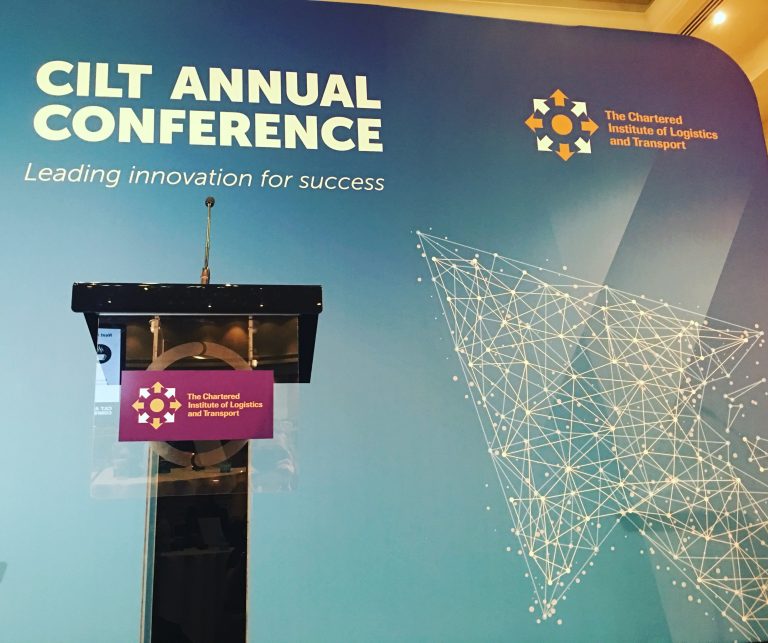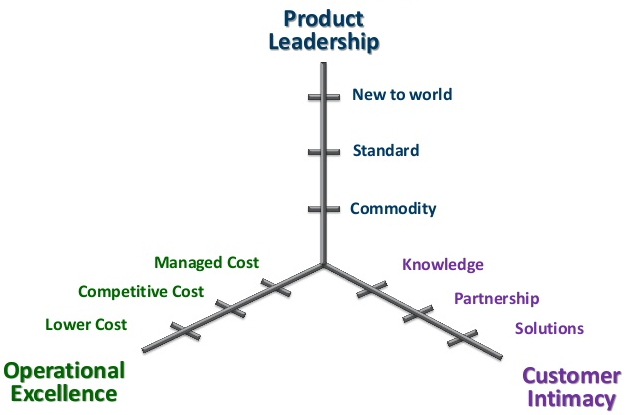
What is the CILT?
The Chartered Institute of Logistics and Transport (CILT) in the UK is the membership organisation for professionals involved in the movement of goods and people and their associated supply chains. Members of the Institute are involved in the management and design of infrastructure, systems, processes and information flows and in the creation, management and development of effective organisations. The work of their members impacts directly on people, society and the environment, on business profitability and economic growth. Their vision is for The Chartered Institute of Logistics and Transport to enable innovation, excellence and value creation for both individuals and corporate bodies by being the leading membership organisation and education provider within our community of professionals.
What is their Mission?
Their mission is to add value to individual and corporate members by enhancing their knowledge, careers, and businesses by setting, supporting and delivering professional standards and education and by promoting logistics, transport and their associated supply chains to society as a whole.
Annual Conference?
On an annual basis, CILT will host a conference for professionals within this field to network, discuss and learn from one another. This years conference was called ‘Leading Innovation for Success’ where speakers from all professions and walks of life share their experience and knowledge with members in attendance. From owners of multi-million turnover companies discussing their motivation for innovation, to HMRC staff discussing the uncertainty of friction less boarders following Brexit, there was something for everyone.

Let me explain:
Product Leadership:
Companies that pursue the this discipline, product leadership, strive to produce a continuous stream of state-of-the-art products and services. Reaching that goal requires them to challenge themselves in three ways. First, they must be creative. More than anything else, being creative means recognising and embracing ideas that usually originate outside the company. Second, such innovative companies must commercialise their ideas quickly. To do so, all their business and management processes have to be engineered for speed. Third and most important, product leaders must relentlessly pursue new solutions to the problems that their own latest product or service has just solved. If anyone is going to render their technology obsolete, they prefer to do it themselves. Product leaders do not stop for self-congratulation; they are too busy raising the bar. Within this category, we include companies including Dyson, Rolex, Apple, etc. These companies will not lower costs for sales because you purchase their product for the product itself and no other reason. They have the best products and will not negotiate.
Operational Excellence:
The term “operational excellence” describes a specific strategic approach to the production and delivery of products and services. The objective of a company following this strategy is to lead its industry in price and convenience. Companies pursuing operational excellence are indefatigable in seeking ways to minimise overhead costs, to eliminate intermediate production steps, to reduce transaction and other “friction” costs, and to optimise business processes across functional and organisational boundaries. They focus on delivering their products or services to customers at competitive prices and with minimal inconvenience. Because they build their entire businesses around these goals, these organisations do not look or operate like other companies pursuing other value disciplines. Companies within this category include McDonalds, Argos, Aldi, companies who have adapted their processes to be as quick and efficient as possible. It cannot just be me who tries to keep up with the checkout clerk at Aldi right? This is quick easy turnover for these companies and they not only do it well but have it down to a ‘T’.
Customer Intimacy:
While companies perusing operational excellence concentrate on making their operations lean and efficient, those perusing a strategy of customer intimacy continually tailor and shape their products and services to fit an increasingly fine definition of the customer. This can be expensive, but customer-intimate companies are willing to spend now to build customer loyalty for the long term. They typically look at the customer’s lifetime value to the company, not the value of any single transaction. This is why employees in these companies will do almost anything—with little regard for initial cost—to make sure that each customer gets exactly what he or she really wants. Dell is one example of such a company; IBM in its heyday was another; Home Depot is a third.
